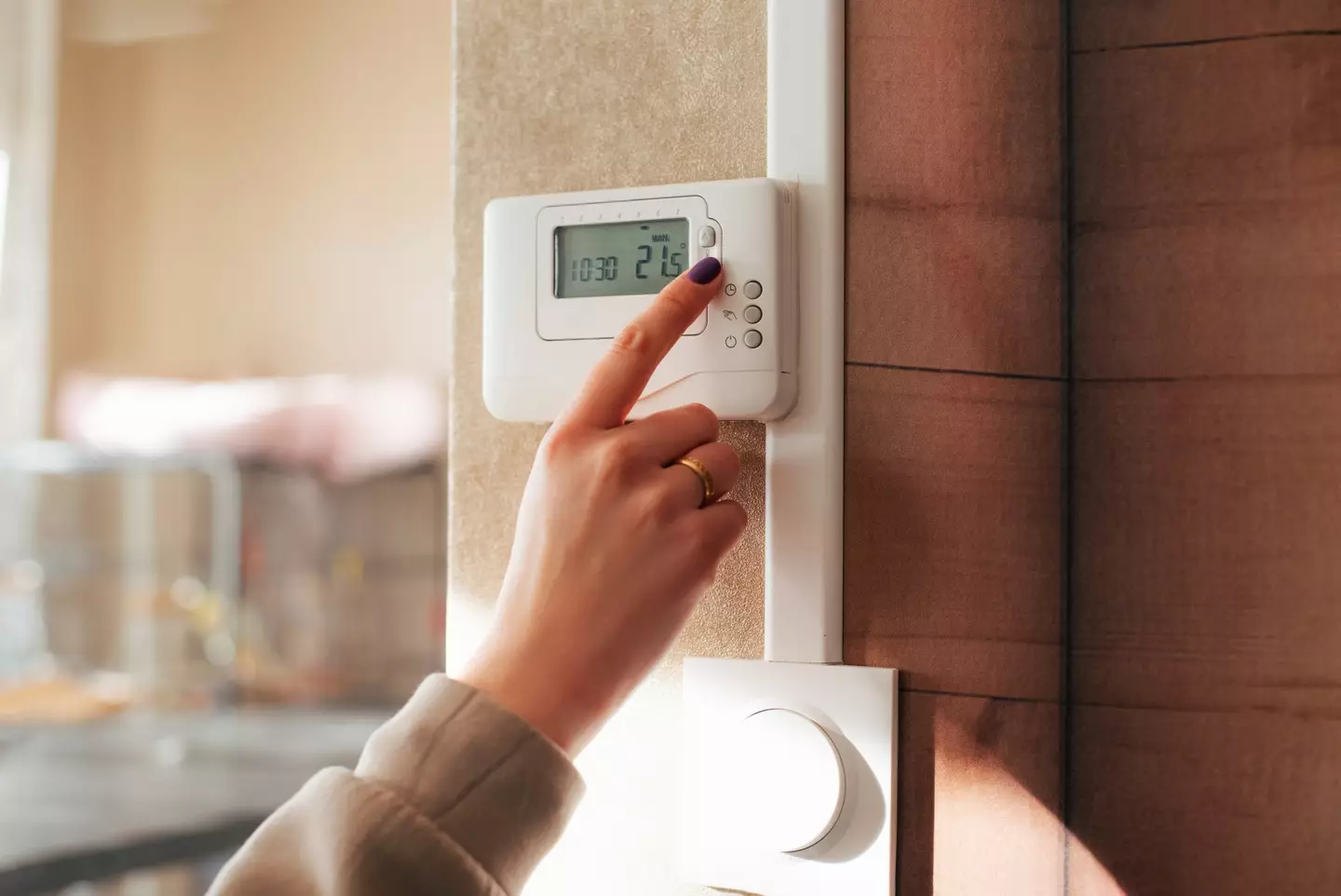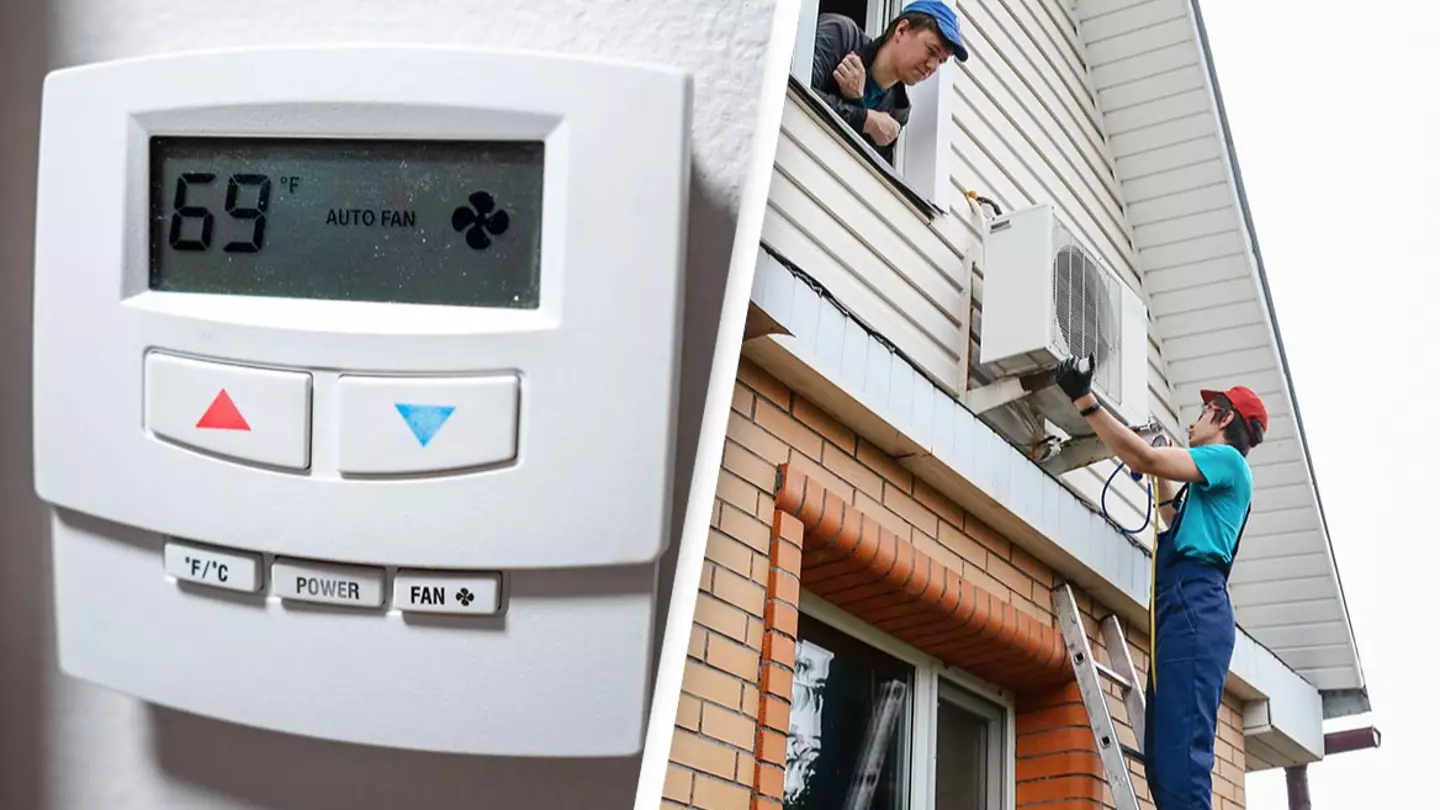As the temperatures start to soar with the arrival of warmer weather, many will instinctively turn down their air conditioning units to stay cool. Recently, the US has been grappling with heatwave warnings, impacting regions such as the Southwest, Mid-South, and Plains where temperatures have been unprecedentedly high. The National Weather Service (NWS) has reported heat index readings surpassing 110 degrees Fahrenheit (43 Celsius). On one particularly sweltering Sunday, June 23, over 100 million people in the US were under heat advisories, as noted by Reuters.
With such blistering heat, it’s natural to rely on air conditioning. However, cranking your AC to the lowest temperature might not be the most efficient or economical approach. A better strategy is to adhere to the “20 degree rule,” a guideline that can help manage energy consumption effectively during hot spells.

Anthony Cook from Alabama Power sheds light on this principle, stating that most AC units are designed to cool the air up to around 20 degrees less than the outdoor temperature. Setting the thermostat lower won’t necessarily make your environment cooler but will keep your unit running longer, using more energy and increasing your bills.
“What it’s going to do is it’s going to continue to run in order to try and reach the temperature of where you set it but it really won’t get it beyond that 20 degree mark and so you’re gonna be wasting energy, which in turn wastes money,” explained Cook to WBRC.
In essence, if the temperature outside is 90 degrees, setting your indoor temperature below 70 degrees is likely ineffective.

Beyond managing your thermostat, Alabama Power recommends other tactics to keep your energy costs down this summer. Cook suggests using large appliances like washing machines and dishwashers during off-peak hours—after 8 pm or before 6 am—to capitalize on more efficient energy use.
Additionally, simple measures such as running fans to enhance air circulation, closing blinds to reduce indoor temperatures, changing air filters monthly, and sealing drafts around the house can further optimize air conditioning efficiency and help you save on energy bills this season.

